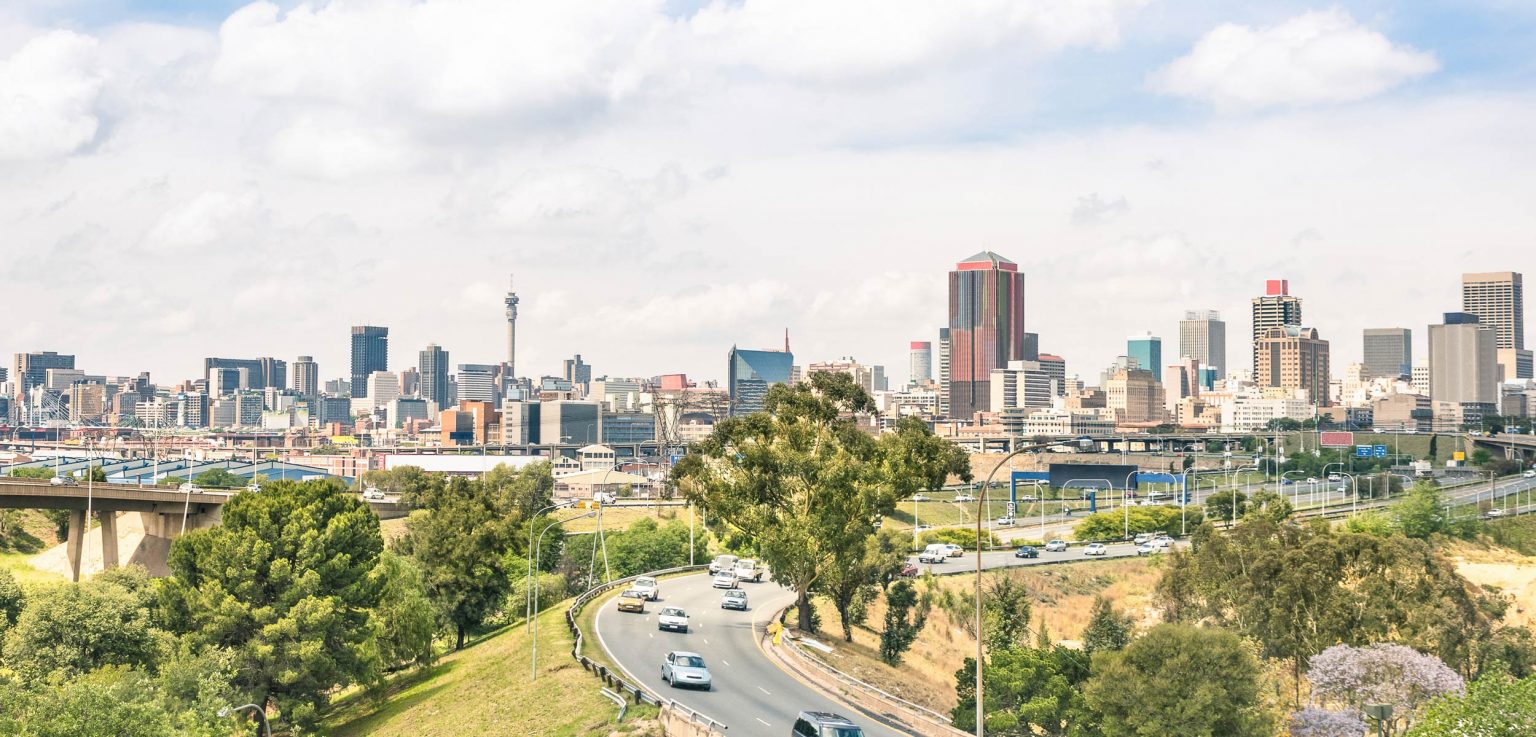Eskom has written to the City of Johannesburg and its electricity utility City Power telling them that it will commence cutting power to South Africa’s largest city and economic heartland if the city doesn’t settle its bills.
The power will be interrupted at “certain pre-determined times of day in accordance with the Promotion of Administrative Justice Act (Paja)”, Eskom said. Any such move could, however, seriously harm South Africa’s economy as Joburg is the country’s economic hub and richest city.
In a statement on Thursday evening, Eskom said Joburg owes it R4.9-billion, excluding the current account of a further R1.4-billion (due end-November).
“Despite all the avenues that Eskom explored and efforts to accommodate the CoJ, the matter has reached a point where Eskom can simply no longer afford to accommodate the city without putting further financial strain on and harming its own business,” the state-owned electricity utility said.
Eskom said that on Friday it will issue a public notice inviting interested parties to submit written representations “indicating why Eskom should or should not proceed to interrupt electricity supply” to Joburg.
“A final decision on whether Eskom will proceed with the interruption will be communicated after a review of the representations received through the Paja process on 12 December 2024.”
‘Breached these obligations’
Eskom also said:
- “In terms of the constitution and the intergovernmental relations framework, the CoJ is supposed to cooperate and assist Eskom with fulfilling its mandate of ensuring that citizens have access to affordable electricity. The CoJ has breached these obligations by not paying Eskom for the bulk electricity it supplies, making it almost impossible for Eskom to fulfil its mandate.”
- “When entities like the CoJ fail to pay Eskom timeously or at all, it forces Eskom to borrow additional money at premiums to fund operational costs. Operational costs should be funded by revenue generated from electricity sales and not by borrowings. Borrowing money to fund operational cash shortfalls caused by the failure of municipalities such as the CoJ to pay Eskom for bulk electricity increases the costs of providing electricity exponentially. The failure to pay by the CoJ is contributing to the growing municipal debt which, as at the end of September 2024, stands at R90-billion.”
- “Eskom’s financial sustainability and ability to supply electricity at affordable prices is contingent upon its ability to improve its balance sheet by increasing revenue and reducing expenses. Revenue can only be increased by collecting electricity debts and/or increasing electricity tariffs.”
- “The CoJ has acknowledged its indebtedness to Eskom, but it refuses to pay the full amount of its monthly bill. The CoJ alleged, without substantiating their claim, that Eskom is overbilling it on some of its supply points. It is for this reason that the CoJ is applying set-off against the monthly bills raised by Eskom, which is contrary to the electricity supply agreement and the agreements reached with its chief financial officer, Rendani Sadiki, the CEO of City Power, Tshifularo Mashava, and City of Johannesburg Management. In more than one meeting, it was agreed that the CoJ would continue to pay while the alleged overbilling is investigated; this undertaking has been reneged on.” — © 2024 NewsCentral Media
This is a developing story…
Don’t miss:
‘South Africa can’t afford this’: Eskom price hike plan under fire





